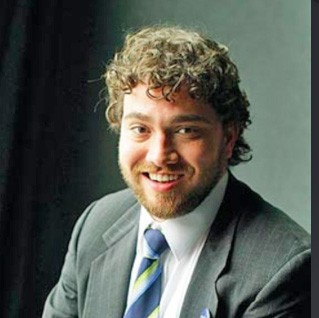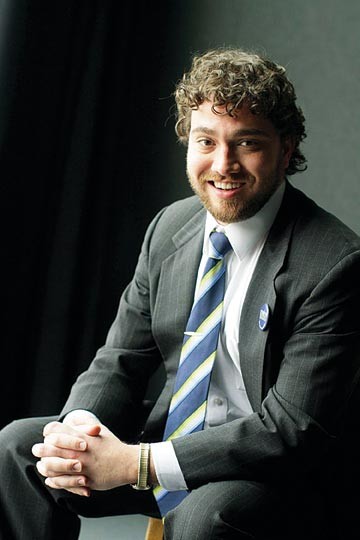Councilmen Kemp Conrad and Worth Morgan are attempting to disband the Civilian Law Enforcement Review Board (CLERB) in favor of a City Council Law Enforcement Review Board. CLERB, which existed in the 1990s and was revamped around 2014, has struggled to be what it was intended to be, due to Police Director Michael Rallings refusing to accept any of its recommendations.

John Marek
On May 10, 2018, CLERB unanimously agreed to send a letter to Mayor Jim Strickland and the Memphis City Council, making suggestions on how the board could be more effective.
Unfortunately, Director Rallings chose to try to render the board ineffective by rejecting all of its recommendations, which were to implement one of the following: 1) The police director should be reasonable and at least meet the board in the middle on its decisions (compromise); 2) a new police director who would work with the CLERB; 3) a new ordinance that would give CLERB binding decision-making power; or 4) an amendment to the current ordinance, which gives appellate power to the mayor over the police director’s decisions.
If any of the four CLERB suggestions had been accepted by the council and/or Mayor Strickland, CLERB would have been able to function the way it was intended. But it was not to be.
The police-involved shooting incident in Raleigh last summer is a prime example of why CLERB is so important. We do not want to be the next Ferguson. While gated neighborhoods in Memphis may not appreciate the importance of CLERB, lower-income and impoverished areas of Memphis understand the trust issue that exists between the police and some of our city’s residents. CLERB was intended to be the group that gives citizens a fair hearing, and, if implemented properly, it would help our community build trust between civilians and the local police.
Without CLERB, we are solely dependent on MPD Internal Affairs to investigate complaints by civilians about police. MPD Internal Affairs is itself a conflict of interest; self-regulation does not work. Instead of taking advice from CLERB’s 2018 letter, the mayor has taken no action to address the issue. And now, certain council members are attempting to eliminate the board’s independence completely.
The mayor’s lack of action has been a disappointment. As a councilman, Strickland was a strong voice in favor of the CLERB ordinance. He understood the issue well, and he and Councilman Alan Crone were instrumental in passing the legislation. As mayor, Strickland has preferred to avoid the issue, and he has not done anything to address any problems identified by the board.
The first and second suggestions from CLERB can only be carried out by the mayor and through his influence. He appoints the police director, and the police director answers to him. Though Strickland was excellent at balancing Midtown and East Memphis concerns as a councilman, he seems to go a lot more with his East Memphis constituency as mayor. Hopefully, he will cater less to his donor base during his current term since he will be term-limited in 2023.
One interesting point from local activist Paul Garner: Does the city council really want to have the responsibilities of CLERB? Politically, it could be dangerous, as they will be judged by supporters of both sides of any issue the council publicly makes decisions about regarding complaints against MPD.
Garner saw silver linings in the passage of the council-led review board ordinance: 1) When a case’s facts are clearly in the citizen complainant’s favor, will Rallings continue to ignore decisions when they come from the council? 2) If the council actually exercises its subpoena power to require officers to testify, will they show up? (Officers have ignored requests to do so by CLERB.) 3) Inasmuch as these meetings would be required to be public, does the city council want the additional media coverage created by the council’s openly hearing complaints against MPD?
One major consequence of passing CLERB on to the city council could be that its members would be tempted to eliminate any type of review board after passage of the initial transforming legislation. Another concern is that documents that should be made public would be deemed “confidential” by the council.
There are a lot of negatives in switching CLERB to a council-led board, but could there be a truckload of silver linings to follow? I hope we do not have to find out.
I hope the current council will think this approach through and allow the newly elected council to make the final decision. Lame ducks should not be voting on the proposed ordinance.
And Mayor Strickland, please reconsider the suggestions from the 2018 letter from CLERB.
Lawyer/activist John Marek, a recent candidate for the Memphis City Council, was a charter member of CLERB and instrumental in its creation.
 Justin Fox Burks
Justin Fox Burks 